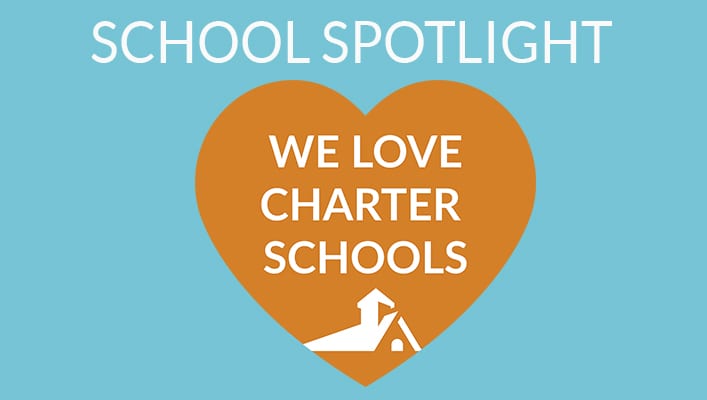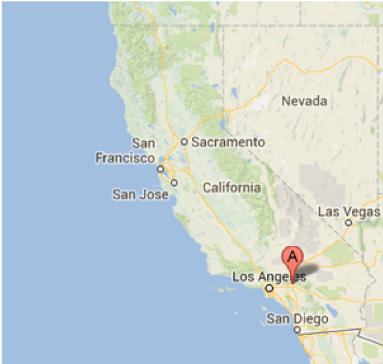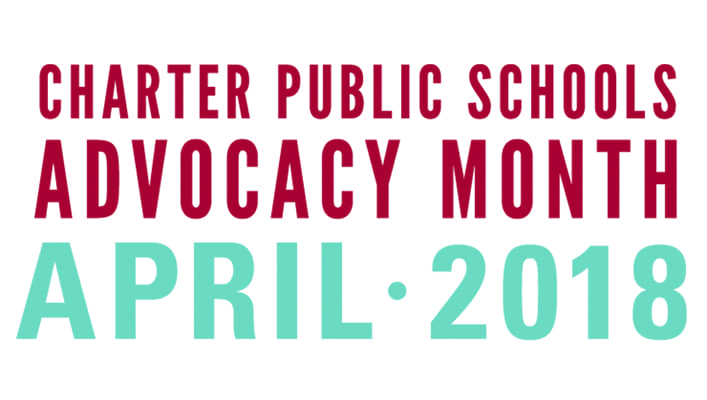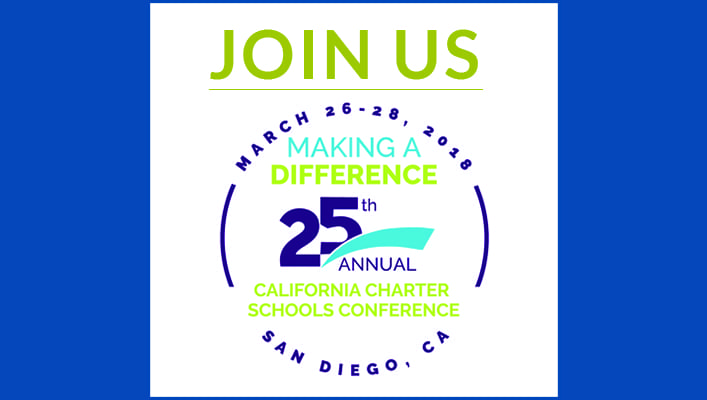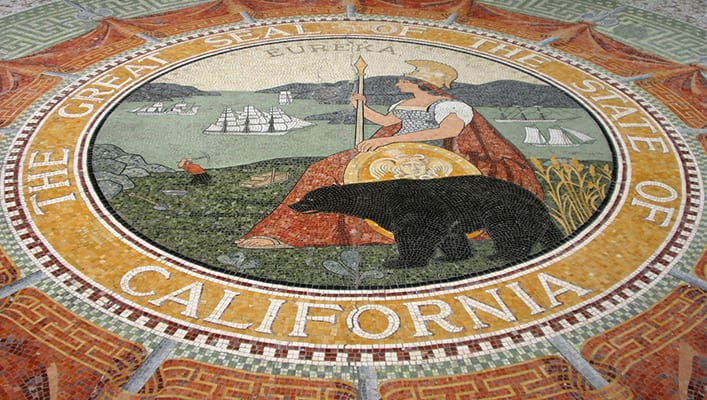 California Election: Primary Results Come In
California Election: Primary Results Come In
Tuesday, Californians went to the polls to vote in the ‘jungle’ primary. There were two notable results from the California primary election that will affect the charter school and education reform community. As I have stated before the races for Governor and Superintendent of Public Instruction (SPI) turned into proxy wars between the reform community and the traditional education establishment. Antonio Villariagosa, who was backed by heavy expenditures from the reformers, came in third in the race for Governor with 13.5% of the vote. That means he will not be in the runoff in November. That race will feature Lt. Governor Gavin Newsom, who received 33.3% of the vote, against John Cox, who received 26.2% of the vote. Since California is a dark blue state, Newsom is expected to prevail in November by double digits. It remains to be seen what the charter school supporters will do now as they placed all of their efforts and hopes on Villariagosa making the run off. They spent almost $30 million on independent expenditure tv adds and mail and used some of that money to directly attack both Newsom and Cox. Their campaign efforts were a flop and left many political experts scratching their heads and questioning their strategy. What will be the next Governor’s view of charter schools and education reform is an open question, but there is no incentive for him to be supportive.
The reformers fared better in the race for SPI. In a four way race their candidate Marshall Tuck lead the way with 37.1% of the vote. The traditional education establishment’s candidate Tony Thurmond came in second with 34.3% of the vote. This sets up a November matchup between the two. Marshall will have the clear advantage because of his higher name identification, as he previously ran for SPI.
Additionally, the Democrats in the State Senate were dealt a serious blow as Senator Josh Newman was recalled for his vote in favor of higher taxes last year. This will put the Democratic two-thirds supermajority in risk in the Senate if they do not pick up an additional seat in November.
